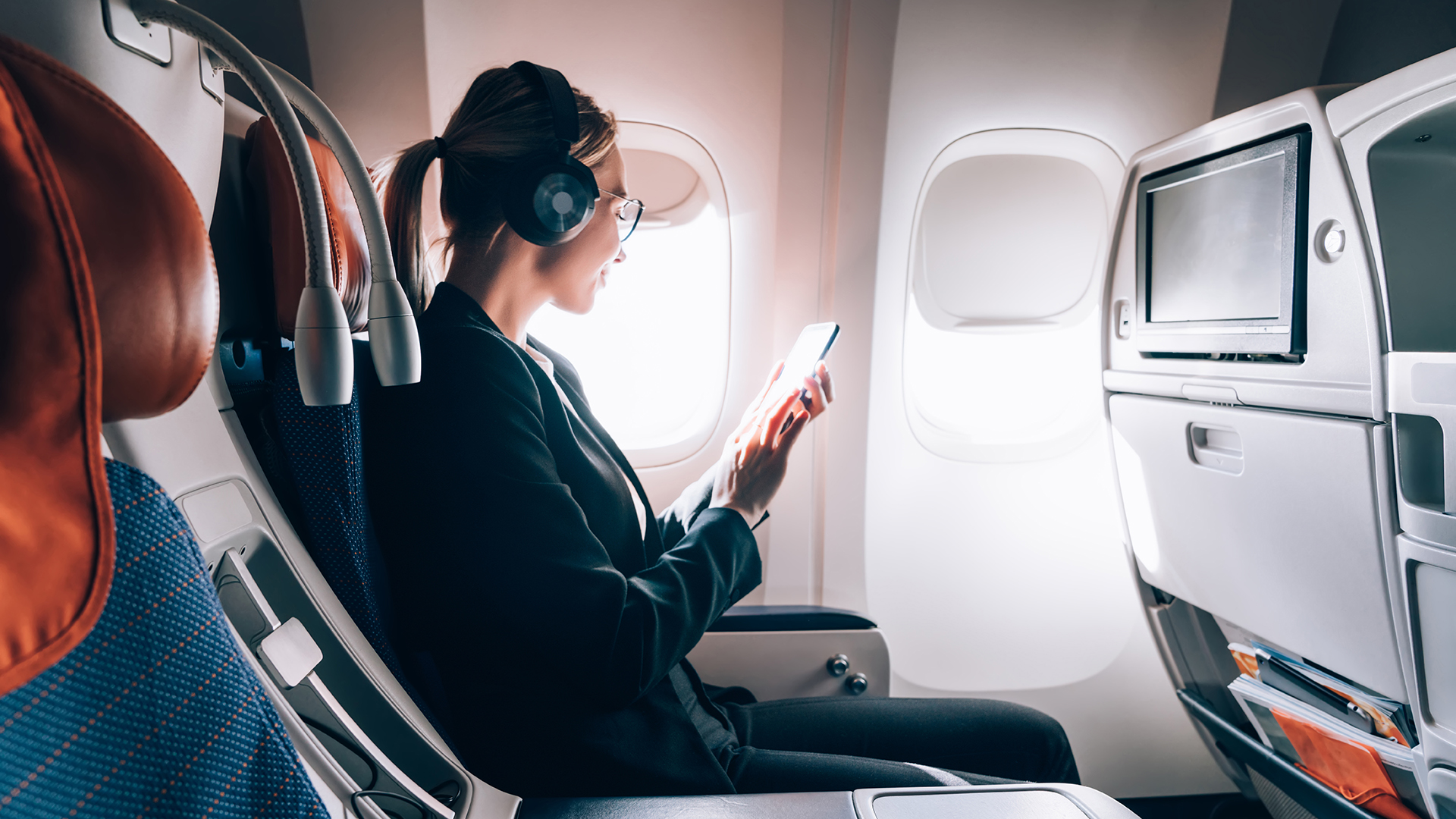
When it comes to security, few tools are quite as steadfast as a VPN. Whether you’re wanting to protect yourself on the go, keep your private information secure when using the internet on holiday or just keep prying eyes off your web traffic, there’s always a good reason to have a VPN equipped on your devices.
The early days of the internet were a bit of a Wild West; there was very little protection to prevent bandits making off with people’s private data. Fortunately, thirty years ago researchers hit on new protocols that allowed users to guarantee the confidentiality and integrity of their internet connection. This formed the basis of VPN technology, which allows you to form a virtual private connection between your device and your destination using end-to-end encryption, which ensures nobody can snoop on or hijack your online traffic.
But the security picture has changed enormously since those early days. While the internet is much better regulated and businesses and platforms have significantly beefed up their security, the threats to your safety online have evolved as well. From man-in-the-middle attacks on public Wi-Fi to the mass-harvesting of consumers’ private data, security risks in the digital world have become much more complex. This means that it’s only become more important to have a personal sheriff to help keep outlaws at bay. And that’s where a VPN comes in.
So how can a VPN help you?
Protect yourself in public

It’s unlikely we’re the first to point this out to you but public Wi-Fi is a huge security risk. Using an unsecured Wi-Fi connection means the owner of that network can peek at any of your traffic travelling on their network. Worse, man-in-the-middle attacks can allow malicious actors to spoof the network you’re wanting to connect to, meaning they’ll intercept any data you send before passing it on to the network and gain access to any personal or financial information you might send.
Naturally, the ideal solution would be to never use public networks. But we recognise that this isn’t always an option – sometimes patchy mobile networks can let you down and you can’t always wait until you’re home to pay that bill. Fortunately, a VPN can be absolutely invaluable here: given it forms an encrypted tunnel between your device and your intended destination, it’s much harder for anyone else on that network to snatch your private info.

Stay safe abroad
When you’re holidaying overseas, the internet is a lifeline, allowing you to stay in touch with your loved ones, keep an eye on your finances and keep yourself entertained. But it can also make you especially vulnerable: you’re much more dependent on airport or hotel Wi-Fi and you can’t be 100% sure local ISPs will employ the same security standards you’re used to. That’s why a VPN is as much a travel essential as your passport and mozzie spray: it helps keep your connection private and secure wherever you roam.
Not only that but the fact the connection is encrypted means that you can connect to your local networks in the UK as though you’re still at home. You no longer need to worry about not being able to access your bank’s website or favourite TV shows; you can browse the internet like you’re sitting on your sofa, even when you’re chilling on a beach in the Seychelles.
Avoid trackers
Almost everywhere we go online, we’re being tracked. Whether it’s your internet service provider logging your browsing history or advertisers monitoring your searches and purchases, it’s become so commonplace to be observed online that it’s hard to know how to protect yourself. But VPNs can help here as well.
Thanks to the end-to-end encryption VPNs employ, it’s impossible for companies to snoop on the specifics of your browsing habits, from which clothing you’ve browsed to the medical advice you’ve sought out. Keeping this data from ever being logged ensures it can’t be bought or sold on data exchanges, giving you much better control over what’s done with your personal information.

Sidestep ISP throttling
While the internet was once a level playing field in terms of the speeds you could access, internet service providers are increasingly controlling the speed of your internet connection depending on the site you’re visiting. This can mean that your bandwidth can be dictated more by their commercial interests than your needs. Want to make sure you have plenty of capacity for binge-watching shows or uploading files for work? Subscribing to a VPN will obscure the kinds of destination you are visiting, helping to ensure the speeds you enjoy are truly platform agnostic.
Maintain your anonymity
There may be times when you’d prefer to stay anonymous online. And while private browsing or incognito mode might sound like they’d conceal your identity from the sites you’re visiting, that isn’t the case. If you prefer to maintain your privacy when you’re browsing, a VPN can prove invaluable: thanks to that encrypted network, your IP address is concealed from prying eyes, making it much harder for companies or malicious actors to identify you or your home network.
Clearly, a VPN can offer unparalleled protection in a range of circumstances. So where can you turn to find this kind of protection? Norton’s Secure VPN offers all of these online privacy features for just £19.99 for your first year. And should you require additional protection, the Norton 360 Advanced Powerful Device Security package has you covered for £34.99 for your first year, offering identity protection tools like dark web monitoring, to see if any of your sensitive data turns up on malicious sites, Identity Restoration Support in case of identity theft and Credit Report & Score to monitor changes to your credit score.
To discover more, visit Norton’s product page here.







